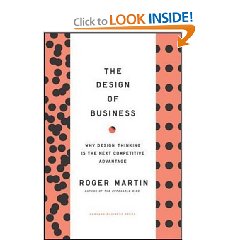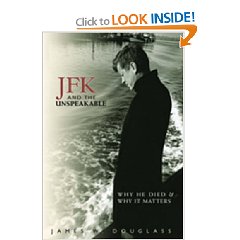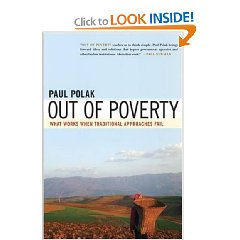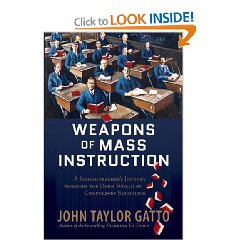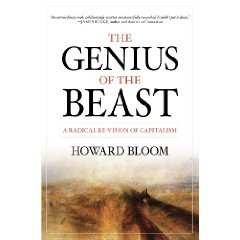
The author gifts us with a counter-culture manifesto that resurrects the goodness of capitalism while also connecting to the roots of humanity, of the human soul as a microcosm of the soul of society.
Be patient, the first third of this book will amuse, enlighten, & provoke, at which point it will grab you by the throat and shake your fundamental perceptions of life. The author is compelling in both a scientific sense, weaving psychology, biology, economics, and sociology together; and in an artistic sense, delivering theater of the mind, new visions, poetic turns of phrase page after page, and a massive amount of purpose-laden provocative minutia, all of which culminates in blinding flashes of insight that explain the mind-expanding role of circuses, the failure of religion, and the natural cycles of fission and fusion, splintering apart and coming together.
Continue reading “Review: The Genius of the Beast–A Radical Re-Vision of Capitalism”

